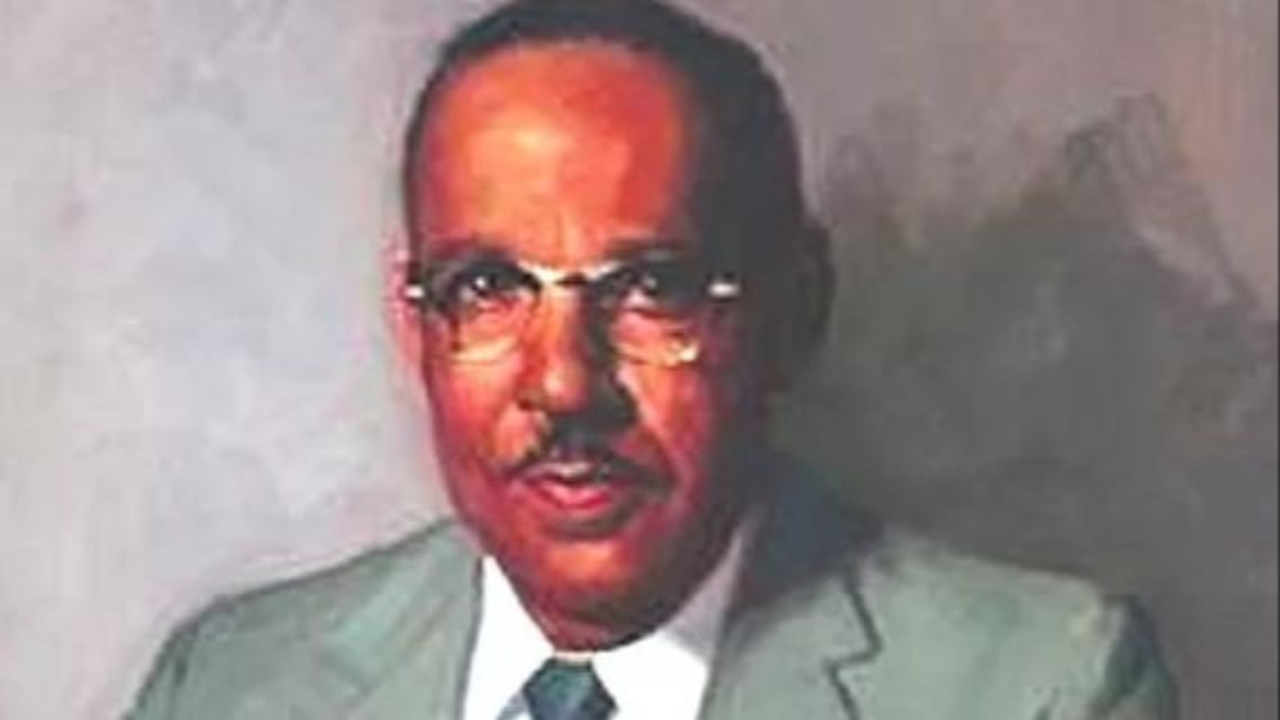The Unsung Heartbeat of Innovation: Vivien Thomas and the Birth of Modern Heart Surgery
Apr 30, 2025
In the 1930s, a young Black man named Vivien Thomas walked into Vanderbilt University without a medical degree or formal training—but with a mind that would forever change the course of heart surgery. Born in 1910 in New Iberia, Louisiana, and raised in Nashville, Tennessee, Thomas had initially planned to attend medical school, but the Great Depression crushed those dreams, forcing him to find work wherever he could.
Despite his brilliance, systemic racism confined him to the title of "janitor" when he began working at Vanderbilt University. But Thomas was no ordinary employee—he possessed an extraordinary ability to understand complex surgical techniques and innovate in ways few could. His skill and intellect quickly caught the attention of Dr. Alfred Blalock, a pioneering surgeon, who realized Thomas was far more than an assistant. Together, they conducted groundbreaking research in shock physiology, laying the foundation for advancements in trauma medicine.
In 1941, Blalock was offered a prestigious position at Johns Hopkins University and insisted that Thomas join him. There, Thomas became an essential force behind research on congenital heart defects, particularly Tetralogy of Fallot, commonly known as “Blue Baby Syndrome.” Though hospitals at the time were segregated, and Thomas was still classified as a technician rather than a researcher, his contributions were undeniable. His innovative surgical technique enabled doctors to operate on infants suffering from the condition—children whose prognosis had once been hopeless.
When the historic first surgery was performed in 1944, Blalock held the scalpel, but Thomas stood behind him—guiding each move with his meticulous expertise. The success of the operation was a breakthrough in cardiac surgery, laying the foundation for modern open-heart procedures. Yet, for years, Thomas’s work went largely unrecognized. Despite being the driving force behind the technique, he did not receive the credit due to him, and his name was absent from published research.
It wasn’t until 1976—decades after his contributions revolutionized medicine—that Johns Hopkins University formally acknowledged his work, awarding him an honorary doctorate and a faculty position. The recognition, though late, ensured his legacy would not be forgotten.
Vivien Thomas didn’t just assist in heart surgery—he redefined it. His brilliance, perseverance, and resilience shattered barriers, proving that expertise and innovation can emerge from unexpected places. Today, his contributions continue to inspire generations of medical professionals, reminding the world that talent is limitless—only opportunity needs to catch up.
Stay connected with news and updates!
Join our mailing list to receive the latest news and updates from our team.
Don't worry, your information will not be shared.
We hate SPAM. We will never sell your information, for any reason.

